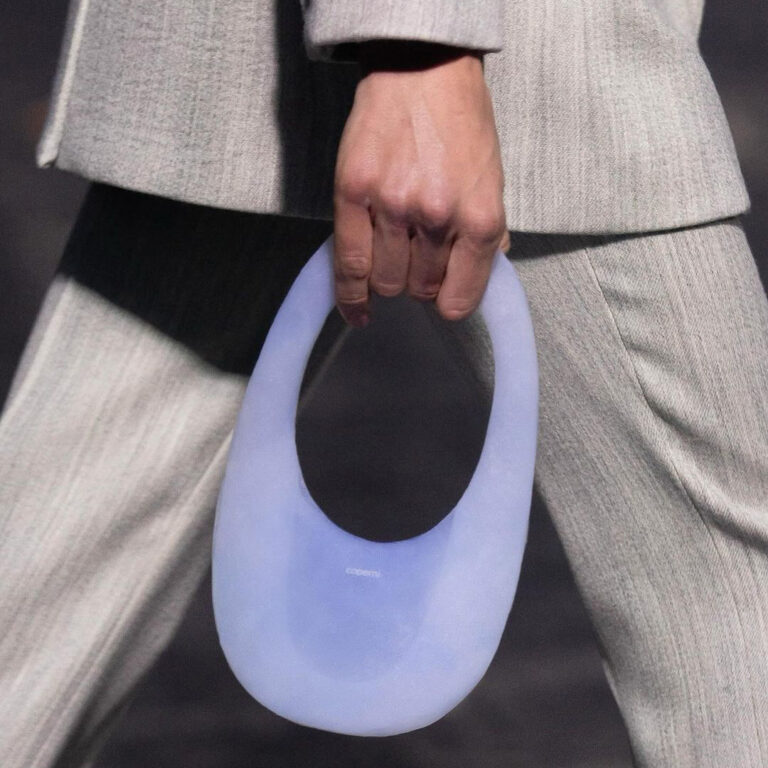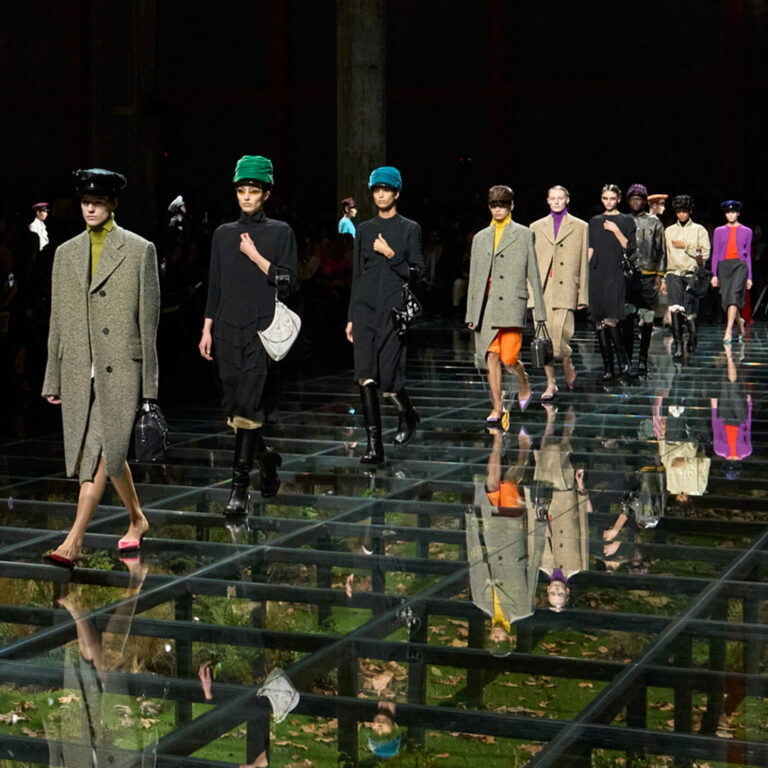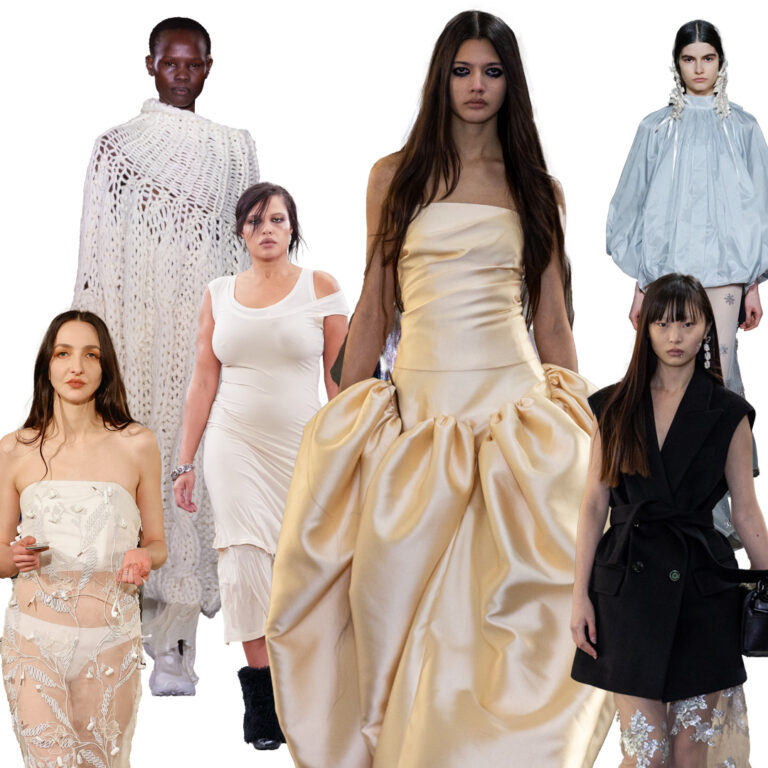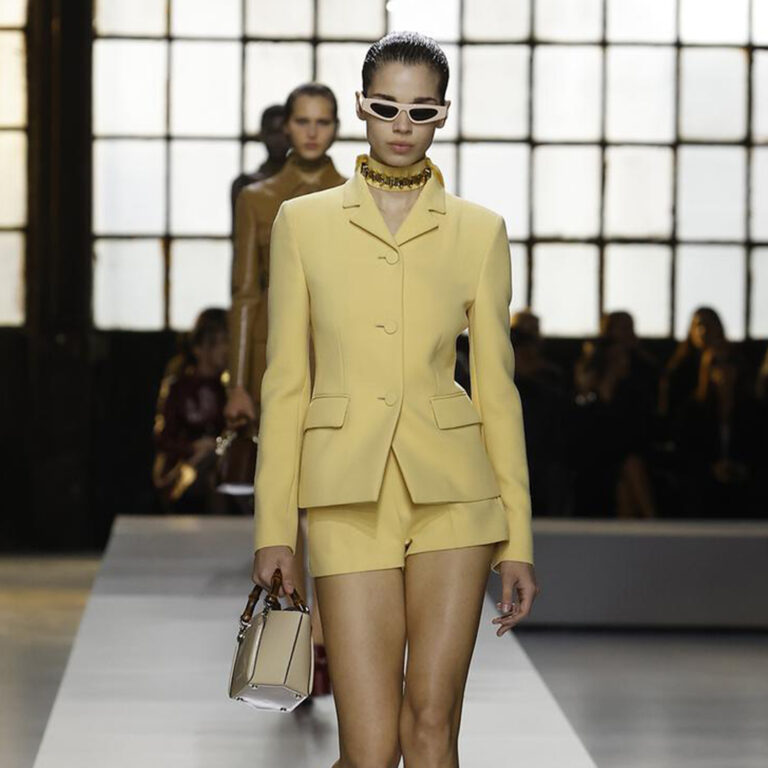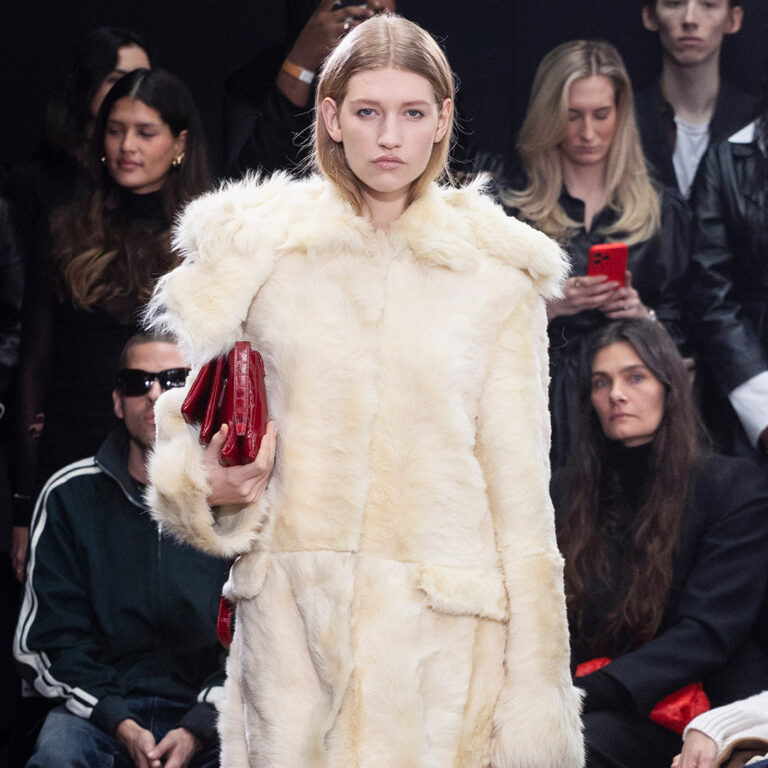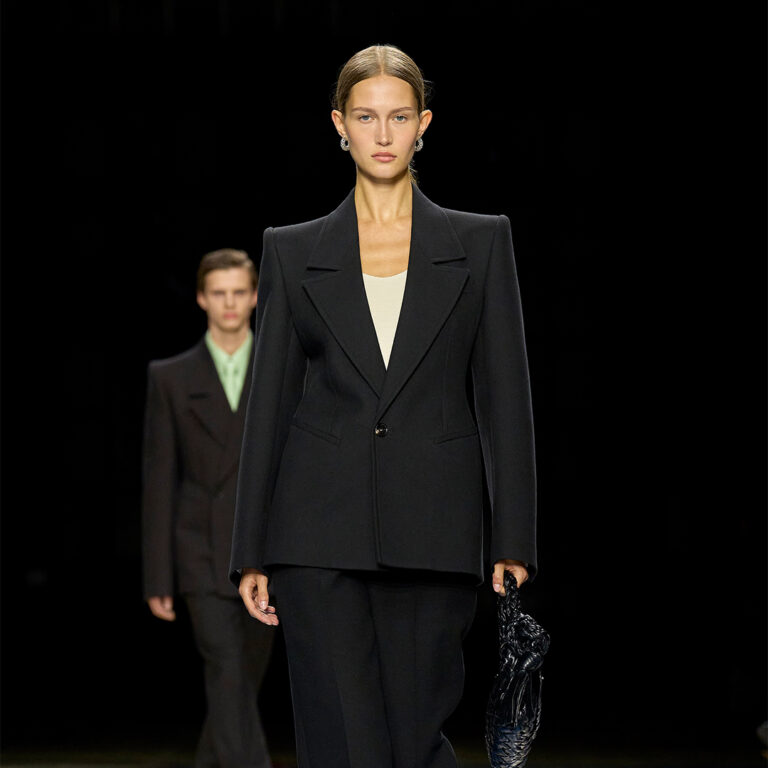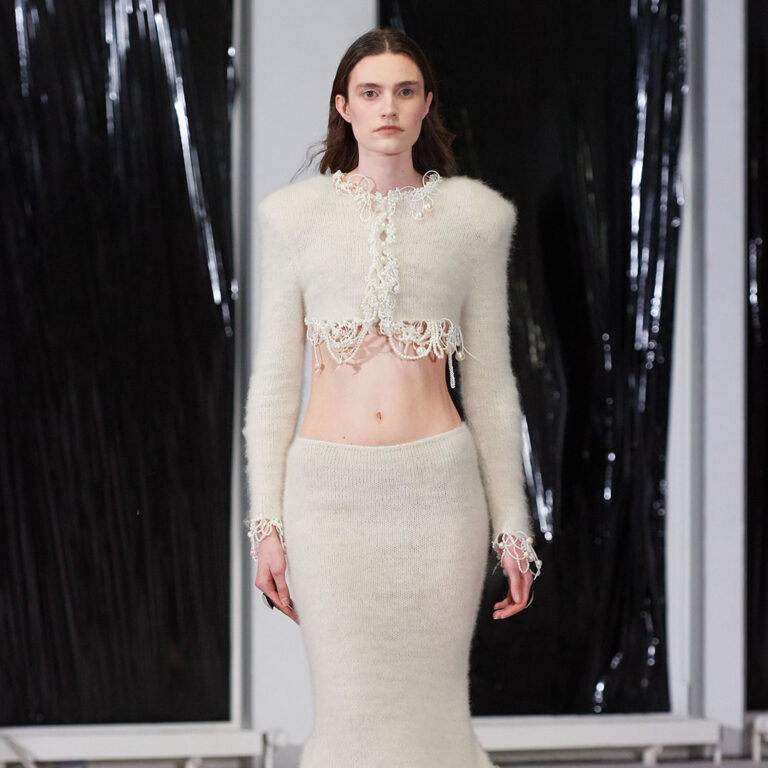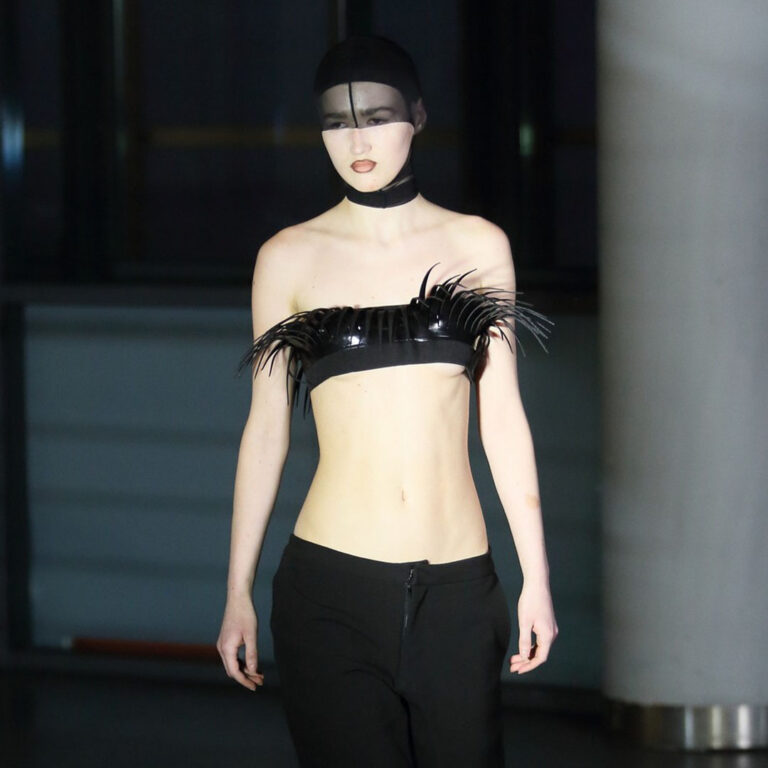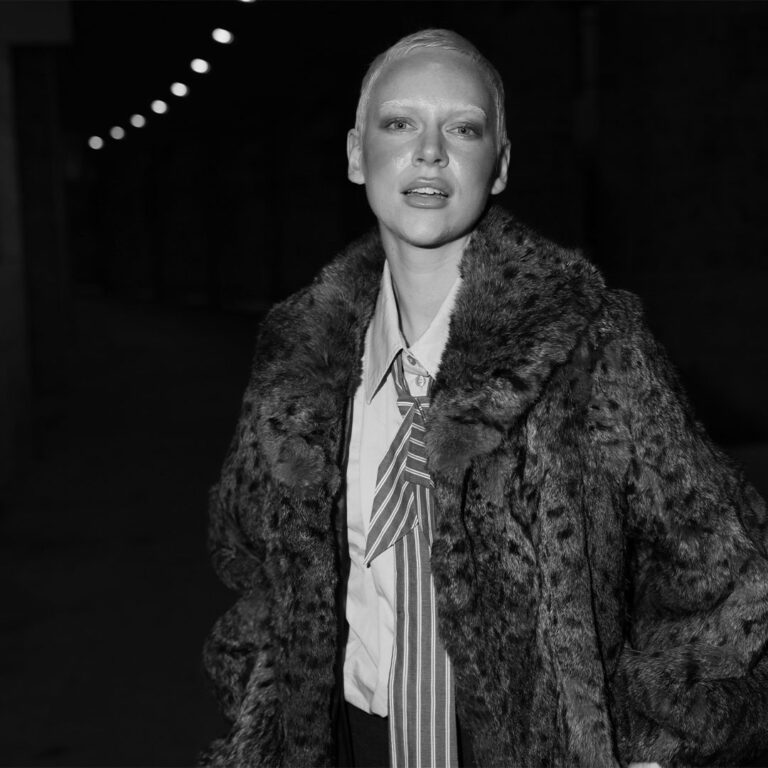Weekday is proud to have launched a 100% recyclable and biodegradable* denim set, as part of the Ellen MacArthur Foundation’s Jeans Redesign project. We spoke to Weekday’s Per Axen about this new denim set, its development process and the future of fashion through his eyes.
Cover photo: © Weekday
Weekday
Denim and jeans are at the core of Weekday’s products and of most people’s wardrobes. Most jeans are timeless and unisex. However, the development process is very polluting. To develop alternative and more sustainable processes for developing jeans and other denim products, Weekday joined – among over fifty other brands – the Ellen MacArthur Foundation’s Jeans Redesign project. We talked to Per Axen about the amazing resulting denim set.
Per Axen
Congratulations with this sustainable collection! I think it’s just what the world needed. How did you come up with this idea?
Per Axen: “Continuing our work towards a more responsible design process, Weekday is proud to join Ellen MacArthur Foundation’s Jeans Redesign project which focus on a circular design process. We are super excited that we were able to create products that are both 100% recyclable and 100% biodegradable, once the button is removed.“
To be able to achieve this, we needed to think about all the steps we take when designing a product, from the product development and all components – fit, wash, trims, details, construction and so on – to how it is recycled. Jeans have always been a core Weekday product, they are the foundation of most wardrobes, they’re timeless, genderless and an everyday basic but unfortunately the processes that goes into making them often creates both waste and pollution. Through this project, we were able to use new solutions and processes to ensure garment durability, material health, recyclability and traceability when creating denim pieces.
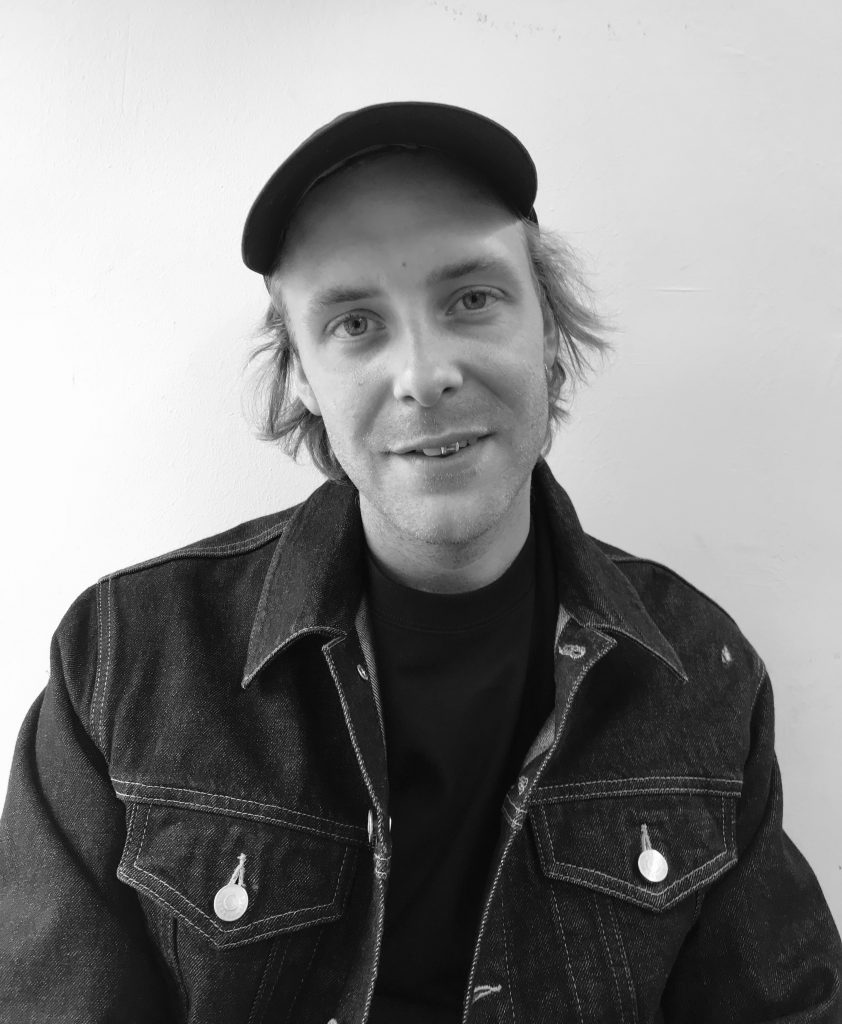
Can you tell a bit more about the process? For example, how did the collection of materials go, what kind of dye have you used?
PA: “Right from the beginning we wanted to create a unisex design, partly to keep the production smooth and use as little material as needed, but also because it is in our DNA, and jeans can be worn by everyone. We also wanted to create a classic design, to give our customers a pair of jeans and a jacket that will feel contemporary and modern today, and in 10, 20 years. The outcome is a regular fit, both jacket and five pocket jeans.
When designing you have to act as both designer and developer. We felt that it was more important to make sure that every single detail was aligned with the new techniques, than say the collaboration between design, development and pattern makers. For the color we used Indigo Flow, which is the cleanest and most sustainable method of indigo dying. It is a coloring process that reduces water by up to 70% when compared to conventional practices.“
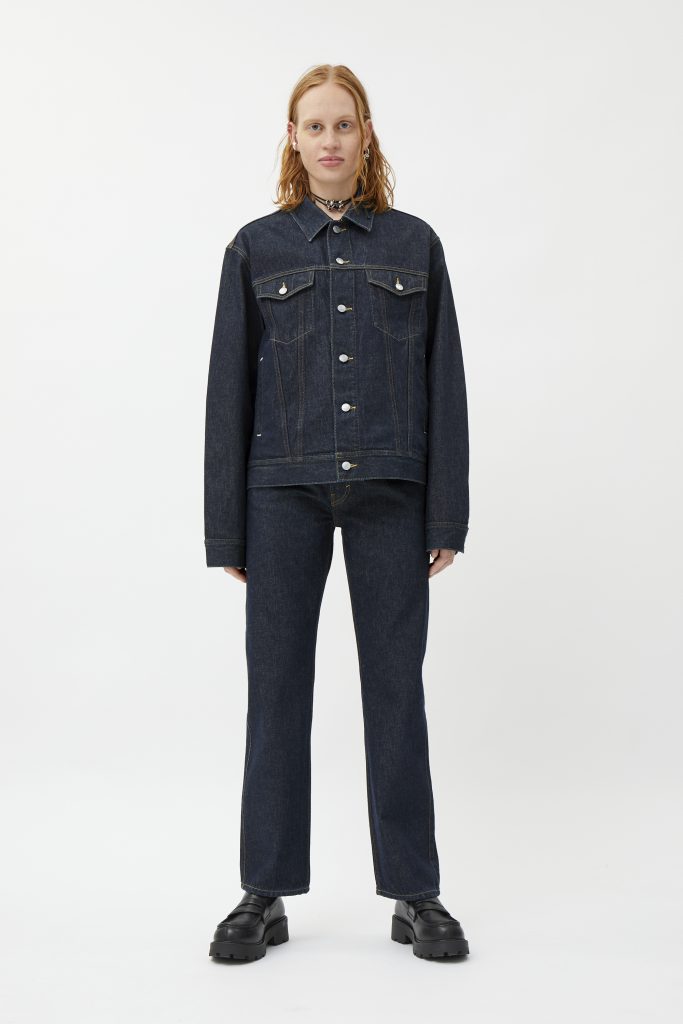
Designing during lockdown
How has the lockdown influenced the design and development process?
PA: “We have used this time to reinvent how we do what we do. We’ve really had to be more creative than ever when it comes to how we create collections and how we share them with our customers. For example, we have been working more with our Store Made Studio collections, where we take current unsold products and rework them in fun ways to create unique pieces as well as sharing with our customers tips and tricks they can use at home to reinvent their wardrobe. We’ve also had to operate more flexibly across the value chain, for example break down processes between product teams and rethink the need for office meetings and travel.”
Sustainability
When the items are completely worn-off, what would you advise the owners to do with them?
PA: “The ambition is now that both pieces will last for a very long time before being passed on or recycled when they reach end of life with their first owner. Then our hope is that customers will recycle the products with us, we have even given tips for how to recycle them with us inside the products. A friendly reminder of sorts.“
“The ambition is now that both pieces will last for a very long time before being passed on or recycled when they reach end of life with their first owner.“
per axen
How has customer awareness concerning sustainable and biodegradable products changed over the past years? And how does Weekday aim to make people more aware of their impact?
PA: “Customers are pretty aware, and I think generally place higher demands on fashion brands today than in the past, which is a good thing. We are constantly trying to improve and become a more responsible brand by making changes in our range and by offering our customer sustainable alternatives.
This project, with the Ellen MacArthur Foundation, is one example and we hope that we can make a positive impact and inform our customesr who in turn can make sustainable choices with us. When it comes to responsibility, there’s always more to be done. Today 83% of our products are already made from sustainable materials and we are 100% committed to doing better.”
Being sustainable is also about consuming and producing less. What are your thoughts on that? Will you do up cycling programs as well or will other initiatives follow?
PA: “When it comes to being a responsible business, there’s always more to be done. Today we are testing and investigating new ways of production, for example producing more collections on demand, instead of saturating the market with too many products. We also have a collection that we produce yearly called Re-made, which we create with unsold pieces from older collections.
“We also really believe in promoting second-hand shopping as it is one of the best ways to deal with textile waste.“
Per Axen
We also really believe in promoting second-hand shopping as it is one of the best ways to deal with textile waste. Shopping second-hand extends the lifespan of garments and it encourages and develops a recycling community which we want to support. Today we have flea markets and an initiative called Re-Market at select stores throughout the year, but offering second hand shopping is not new to Weekday as it was part of the initial Weekday offer back in 2002, when we first opened for business.“
Future-proof designs
The collection is gender neutral, which seems to be the new standard for Gen Z and it is something Weekday has been experimenting with. Will it become the new norm for upcoming collections or product drops?
PA: “We have created unisex products throughout the years. Back in 2013 we did our first S/HE collection and since then we have created piece, collections and collabs that focus more on design then a gender in mind.
*When buttons are taken off
Also read: ‘More humane and less vain’: the future of fashion through the eyes of Jiri Kalfar


